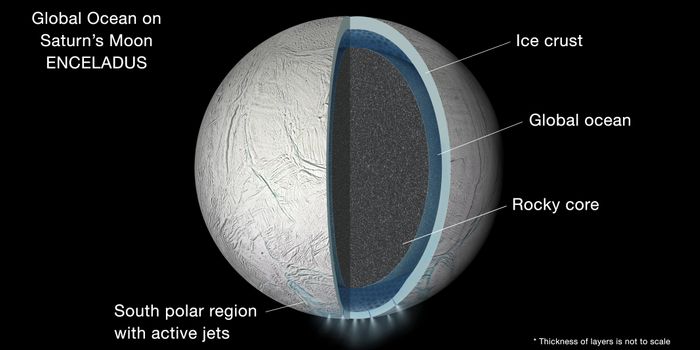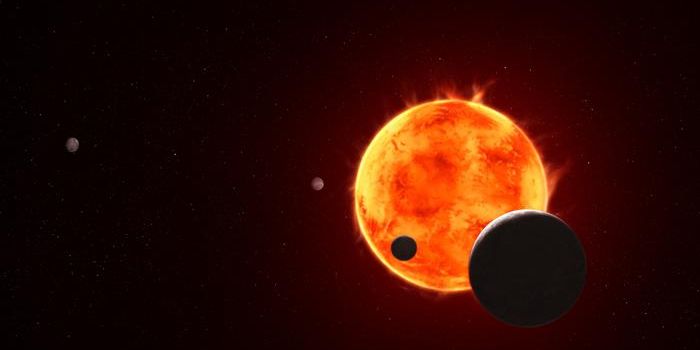Can Time Flow Backward? Very Unlikely According to a Recent Black Hole Simulation
The idea of time in physics is often associated with the second law of thermodynamics, which states that the entropy of an isolated system increases over time. Since the world keeps moving forward on the arrow of time, entropy shall never decrease.
Recently, a group of scientists from Leiden University reported a study that examines the irreversibility of time from an astrophysical perspective. They tapped into the enormous computing power of their supercomputer and a fast, grid-based algorithm to solve the three-body black hole system's temporal dynamics.
The three-body problem is a classical mechanics quest to understand the motions of three massive bodies (e.g., planets and stars) after their initial positions and momenta were given, using Issac Newton's laws of motion and gravitation theory.
What the Netherland astrophysicists discovered was that time is unlikely to move backward because things cannot always return to their initial conditions if even we can dial back the clock.
Their simulation of the black hole trio showed that after dancing around one another for over tens of millions of years, one would be ejected out of the system while the other two would form a relatively stable relationship.
By simulating the consequence of the events in reverse, the scientists were surprised to find out that in about 5% of the emulated scenarios, the three black holes failed to return to their original position and traveling velocities. The broken symmetry of time in this study may hint an unknown mechanism that underpins the nature of space-time.
"Since Newton's equations of motion are time-reversible, a forward integration followed by a backward integration of the same time should recover the initial realization of the system (albeit with a sign difference in the velocities). The outcome of a reversibility test is thus exactly known," the authors commented on their discovery in their paper in the journal Monthly Notices of the Royal Astronomical Society.
Source: Seeker via Youtube








